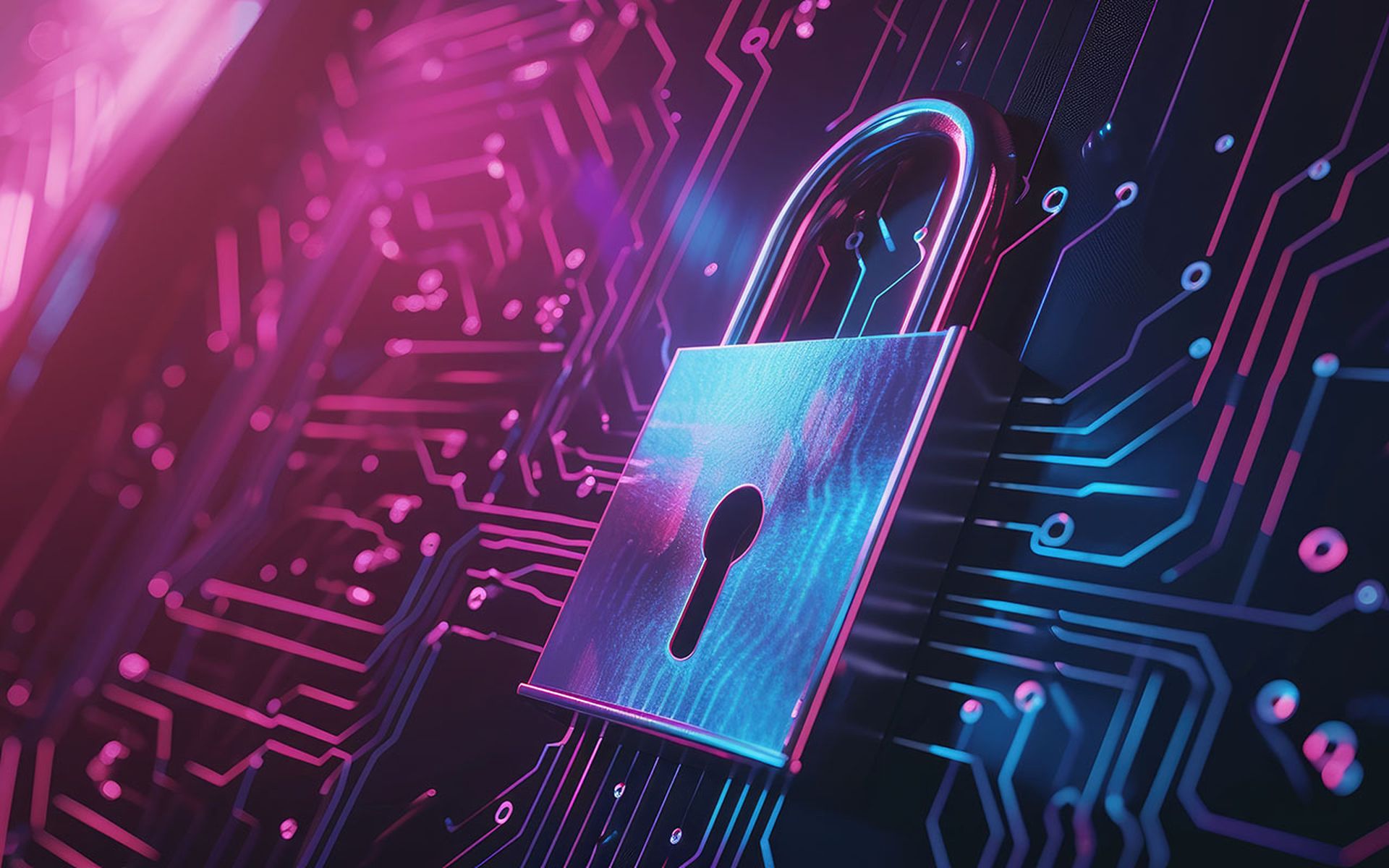A panel of esteemed cryptographers at RSA 2017 expressed doubt over artificial intelligence's applicability in the cybersecurity space, tossing cold water on what otherwise appeared to be a hot technology at the conference.
"The real problem is that what AI and machine learning is great at is lots of data and dealing with it effectively and what we're dealing with, with the serious attacks are anomalous situations and AI does not look like it's going to be useful there," said Susan Landau, professor of cybersecurity policy and professor of computer science at Worcester Polytechnic Institute, during the session earlier this week.
Adi Shamir, Borman professor of computer science at the Weizmann Institute in Israel, said that AI would likely be helpful in defending against attacks when they happen, but not sniffing out threats before they materialize.
"I think that AI can be very helpful on the defensive side," said Shamir, who earlier this month was named a recipient of the 2017 Japan Prize. "I doubt it would be so helpful for new zero days because this requires more ingenuity and originality. But when you talk about finding deviations from normal behavior, I think that AI systems are going to be very useful... So I'm optimistic about AI being useful in defense, but not in offense."
Ronald Rivest, a professor at the MIT Institute, said that he was "skeptical" that AI would have a significant impact on security. He did, however, acknowledge that AI played an important role in spreading fake news and propaganda during the U.S. election. "There are AI bots talking on chat rooms... adding misinformation and disinformation," said Rivest. "I can imagine 10 or 15 years from now, we're going to find ourselves competing to find the humans among just a sea of bots talking to each other intelligently."
But Shamir had a different vision for AI as it becomes super intelligent in the next 15 years: I can foresee a situation which we'll give all of the available data about cybersecurity to this program and it will think for a long time and then say in a calm voice, 'In order to save the Internet I'll have to kill it,'" said Shamir, facetiously. "'Cause the Internet as we know it today is beyond salvaging. I really think we should start over. AI could help us do it."
Rivest and Shamir are co-inventors of the RSA crypto system.



